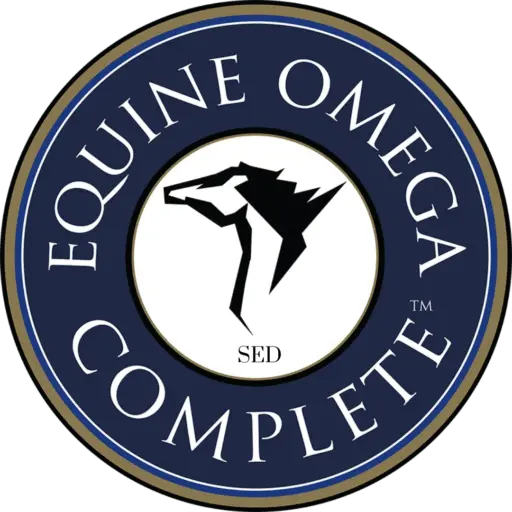The Best Omega-3 Supplement for Horses in 2025? A Veterinarian’s Guide to the Science
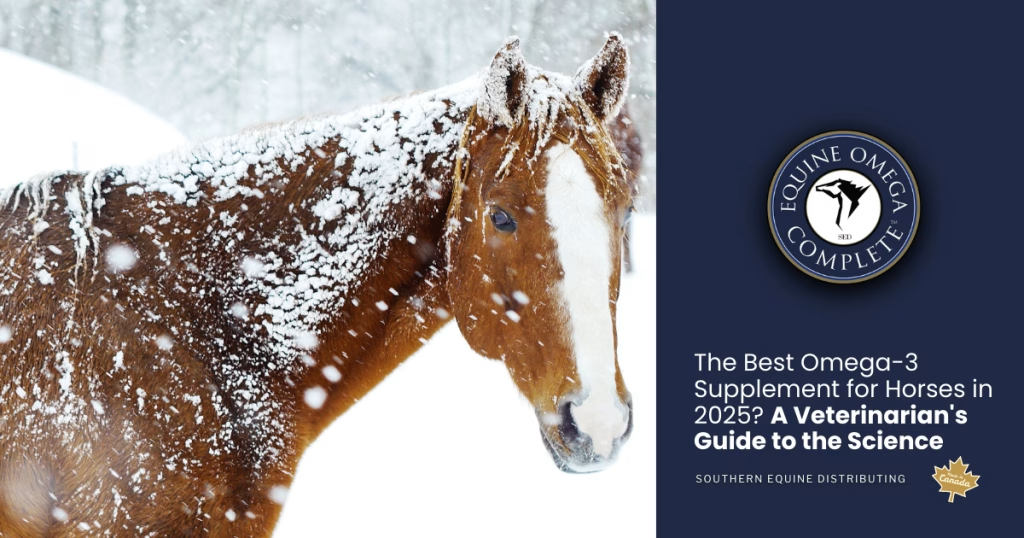
The single most effective omega-3 supplement for horses is one that provides a direct, bioavailable source of the long-chain fatty acids DHA and EPA, typically derived from marine sources like fish or algae oil. While plant-based sources like flaxseed offer precursor ALA, the horse’s inefficient conversion process makes them less effective for addressing specific, high-stakes […]
The Hidden Fire: Why Your Horse’s Itchy Skin Is More Than Just an Allergy
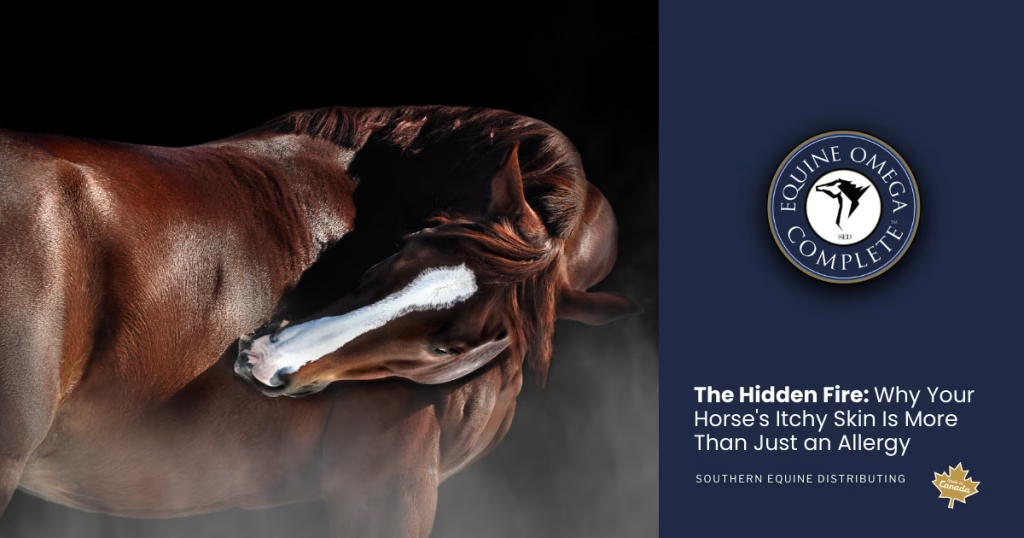
You know the signs. The relentless rubbing against fences, the frantic tail swishing, the patches of broken hair and irritated skin. Seeing your horse in a constant state of itchiness is frustrating and heartbreaking. You’ve tried sprays, creams, and special blankets, but the itch always seems to return. What if the problem isn’t just on […]
Beyond the Scope: A Realistic Comparison of Ulcer Treatments for Your Horse
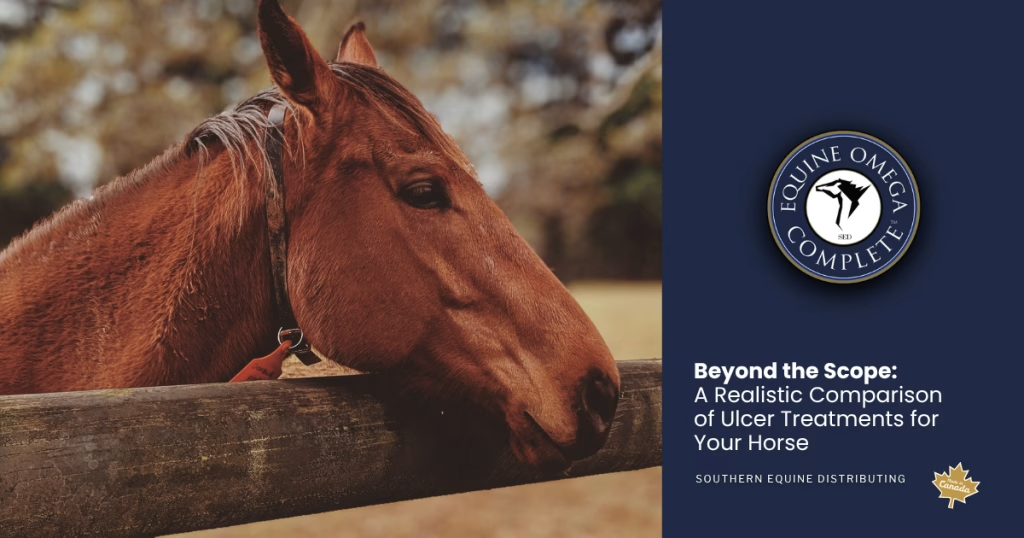
If you’re reading this, you’re likely all too familiar with the frustrating cycle of equine ulcers. The subtle signs – a dip in performance, a sour attitude, a lack of appetite – lead to a vet visit, a stressful scope, and a costly prescription. You see improvement, you breathe a sigh of relief, and then […]
The Silent Alarm: 7 Subtle Signs Your Horse Might Be Experiencing Chronic Inflammation
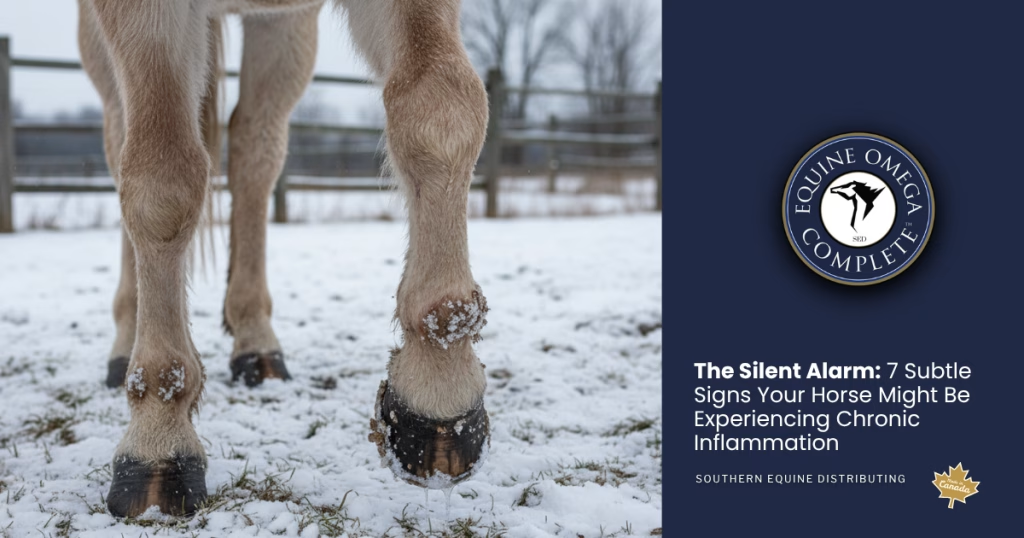
Is your horse “just getting old,” or has their usual spark dimmed ever so slightly? Perhaps they’re a little “off,” but you can’t quite put your finger on why. As horse owners, we’re masters of observation, but sometimes the most impactful changes are the ones that whisper rather than shout. This isn’t about obvious lameness […]
What Symptoms Signal a Horse Needs Omega Supplement Support, and How Quickly Do Results Show?
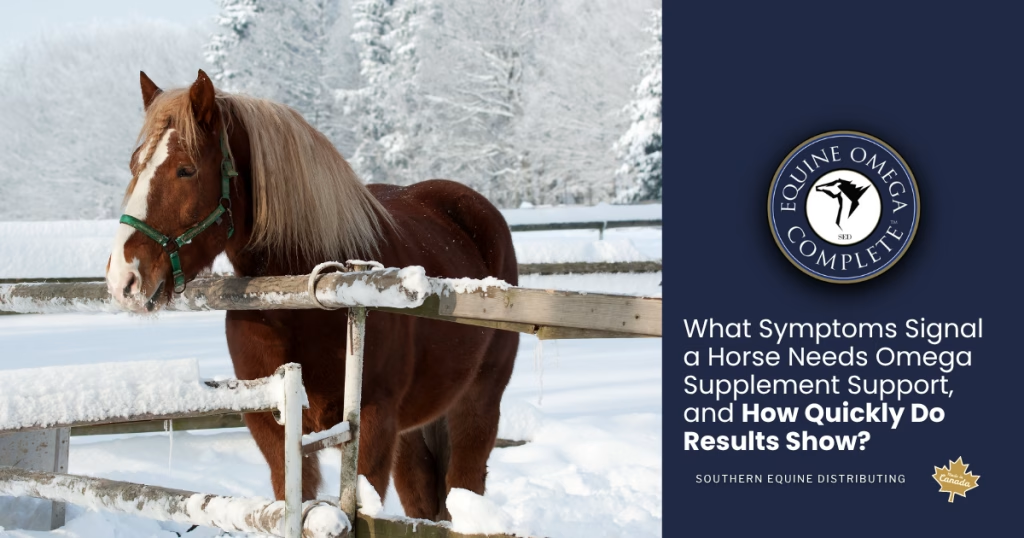
Quick Answer: A dull coat, stiff joints, slow recovery, or a moody attitude often indicate omega fatty acid deficiency. Supplementing with a balanced omega-3 and omega-6 formula like Equine Omega Complete® typically delivers visible improvements in 2–4 weeks, supporting coat shine, mobility, and overall vitality. Research and real-world reviews confirm reductions in inflammation, digestive issues, […]
How Do Liquid Omega-3 Horse Supplements Compare to Pellet, Powder, and Paste?
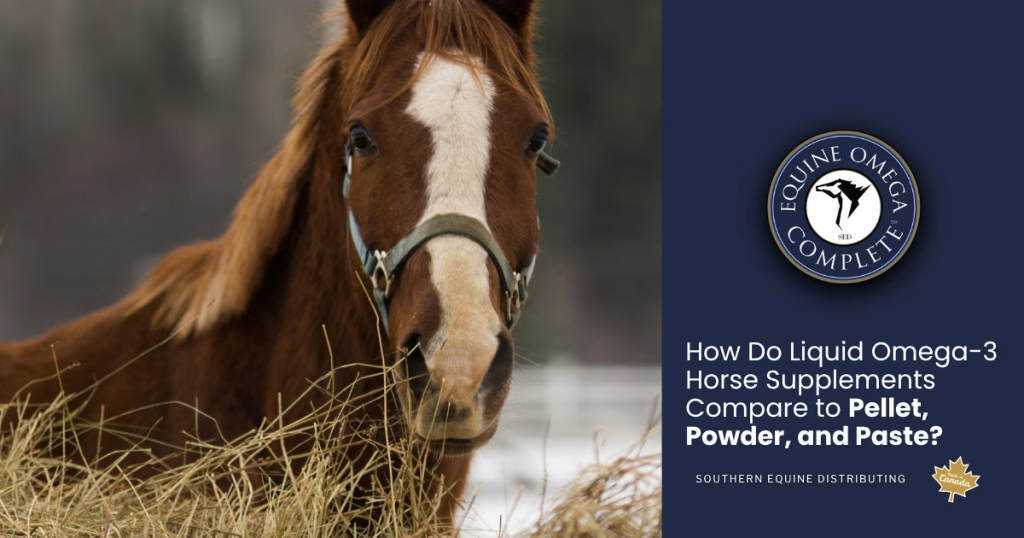
Quick Answer: Liquid omega-3 supplements, such as Equine Omega Complete®, deliver faster absorption, higher bioavailability, and more precise dosing than pellet, powder, or paste forms. They are ideal for horses needing consistent support for joints, digestion, coat, and inflammation control. Key Takeaways Liquid omega-3s absorb faster and maintain potency longer. Pellets and powders are easier […]
Choosing the Right Omega Supplement for Your Horse: A Decision-Maker’s Guide
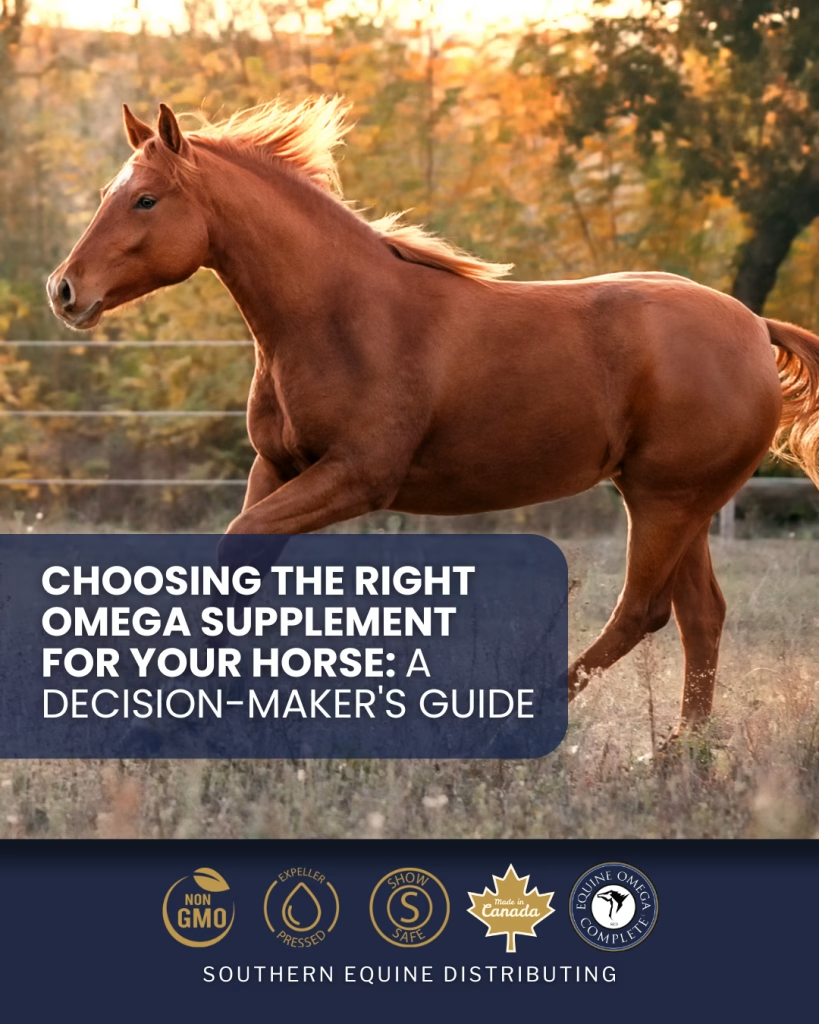
Walk down the aisle of any feed store or browse online, and you’ll find a dizzying array of equine supplements. Every label promises a shinier coat, better joints, and peak performance. But as an owner who truly cares, you know the real challenge isn’t finding a supplement – it’s finding one that delivers on its […]
Your Horse Supplement Checklist: 4 Questions to Ask Before You Buy
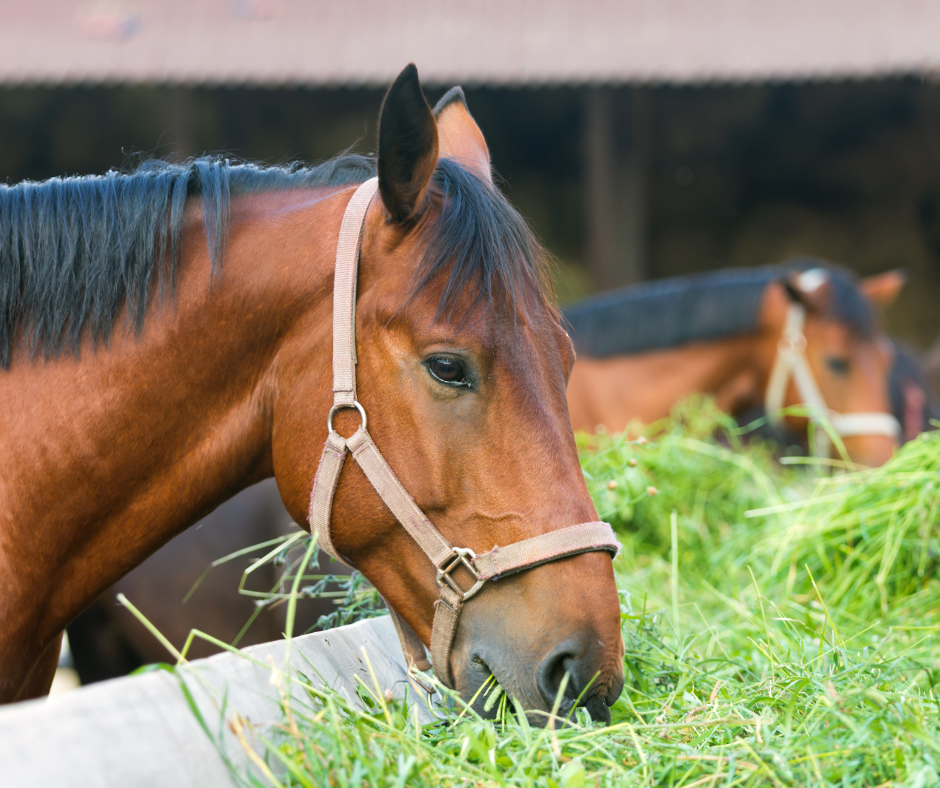
Evaluate supplements with four key questions to choose the right, cost-effective solution for your horse’s health and performance.
Why Sweating is a Horse’s Superpower: Thermoregulation 101

Discover why sweating is so important to your horses well-being, and how to help them maintain healthy sweating habits.
Equine Omega Complete and Equine Gastric Ulcers

Unlock the potential of Equine Omega Complete for ulcers – a comprehensive omega-3 supplement designed to support gastric health in horses.
